Update Nov. 2021, VSCode 1.63:
This issue should be allievated with issue 136198 "markdown preview wrongly creates links "
While "markdown.preview.linkify": false will disable linkify features entirely, setting md.linkify.fuzzyLink to false will disable it only for links without http(s) header.
Which, I think, is a better alternative, and it's already supported by markdown-it.
Original answer (2014):
This isn't limited to wiki page, and is part of the GFM (GitHub Flavored Markdown) url autolinking feature.
Putting them in `` can work but display the url as a code: foo http://example.com bar.
foo `http://example.com` bar
Another trick (mentioned in this gist) is
ht<span>tp://</span>example.com
That will display http://example.com as regular text.
In your case (without the http://)
w<span>ww.</span>foobar.com
That would also display www.foobar.com as regular text.
geekley adds in the comments:
For emails, you can use foo<span>@</span>example.com
Venryx suggests in the comments a shorter/cleaner solution:
Just add one of the void element tags (I prefer <area>), at a location that breaks the URL detectability, eg. right before the first dot.
Example: www<area>.foobar.com


